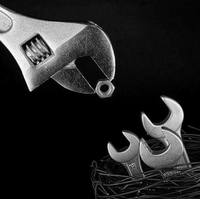This topic is 4075 days old. Please don't post here. Open a new topic instead.
-
Similar Content
-
- 0 replies
- 395 views
-
- 8 replies
- 671 views
-
[SOLVED] Container field has scrollbar, but users are unable to interact with the scrollbar.
By NewBoard,
- 1 reply
- 655 views
-
- 3 replies
- 1,524 views
-
FileMaker Container Backup Optimization
By Richard Carlton,
- FreeFileMakerVideos
- FreeFileMakerTraining
- (and 3 more)
- 0 replies
- 1,619 views
-




Recommended Posts
This topic is 4075 days old. Please don't post here. Open a new topic instead.
Create an account or sign in to comment
You need to be a member in order to leave a comment
Create an account
Sign up for a new account in our community. It's easy!
Register a new accountSign in
Already have an account? Sign in here.
Sign In Now